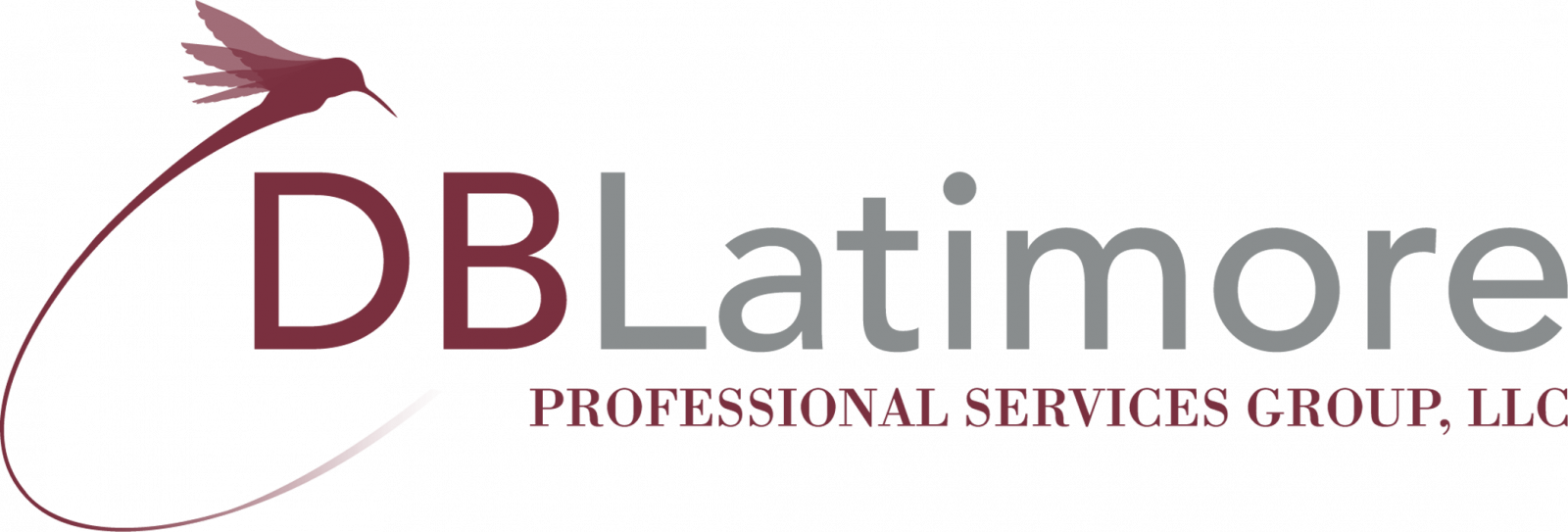In the book: The Power of Full Engagement, Jim Loehr and Tony Schwartz write “The energy that pulses through us is physical, emotional, mental and spiritual,” “All four dynamics are critical, none is sufficient by itself, and each profoundly influences the others.
To perform at our best, we must skillfully manage each of these interconnected dimensions of energy. Subtract any one from the equation and our capacity to fully ignite our talent and skill is diminished, much the way an engine sputters when one of its cylinders misfires.”
Loehr and Schwartz identify three key management principles that must be considered to manage energy and maximize our performance:
• The four separate but related sources of energy—physical, emotional, mental and spiritual—must all be addressed.
• Energy expenditure must be balanced with periods of renewal.
• To grow, we must push beyond our normal limits in the same systematic way that athletes do when they train.
Some examples: If you want to excel at your job but you’re eating poorly and not exercising, your physical energy and mental clarity will be compromised, causing your job performance to suffer. If you spend too many hours at work and never take any time off to unwind, ultimately you’ll burn out and get sick.
To begin the process of building your endurance for improved personal an professional performance, it’s best to identify the area of your life in which you are weakest. For one person, that may be the poor relationships he has with co-workers. For another, it may be afternoon tiredness fueled by too many sweet carbohydrates during the day. “Train” yourself in this area until you gain those skills, much like you would train a specific muscle you want to develop in your workouts. Set small goals for change and follow through with them.
For instance, someone who is a workaholic could commit to taking small blocks of time off to relax, eventually leading to a whole week, even two weeks off (gasp!). A shy office worker might make a point of saying hi two or three times a week to associates never spoken to before, leading to an invitation to lunch. The person with poor collegial relationships might commit to having a brief personal conversation twice a week, leading to office meetings to discuss better ways to work together.
An exceedingly important thing to remember is that whenever you expend energy, make sure to give yourself time for renewal. Just as muscles are strengthened by subjecting them to stress and then giving them recovery time, it is also possible to strategically build your professional “muscle” of credibility focused on expertise, trustworthiness and integrity. . The same concept can be applied to anything, such as being more organized, more accepting, or more focused.
“Exercise [these qualities] past normal limits and then allow time for rest, and these muscles become progressively stronger,” write Loehr and Schwartz.
Author’s content used under license, © 2008 Claire Communications



